Peaceworks
Publications
Articles, publications, books, tools and multimedia features from the U.S. Institute of Peace provide the latest news, analysis, research findings, practitioner guides and reports, all related to the conflict zones and issues that are at the center of the Institute’s work to prevent and reduce violent conflict.
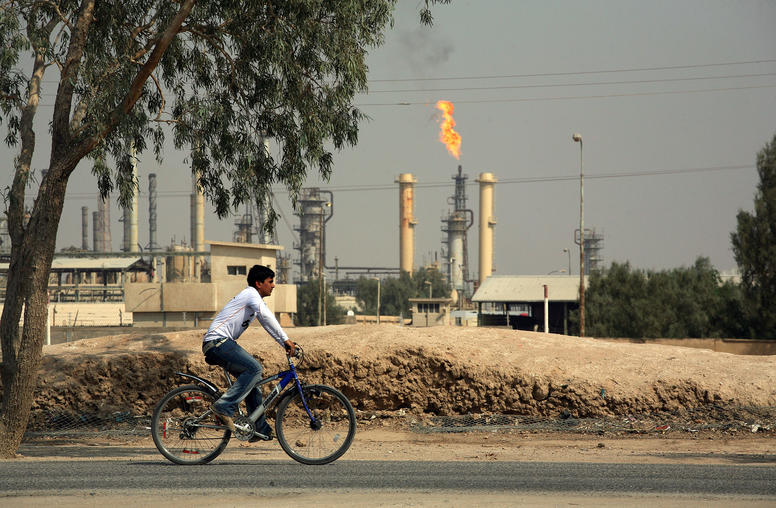
Iraq’s Protests Show the Fragility that Gave Rise to ISIS Remains
In recent weeks, tens of thousands of Iraqis in southern provinces of the country took to the streets to demand action over the lack of basic services and jobs. The protests began in the oil-rich Basra province, where people struggle with lack of clean water and electricity—amid temperatures exceeding 120 degrees—and economic injustice, among other challenges.

Sarhang Hamasaeed on Iraq’s Elections
Following the surprise win by controversial Shia cleric Moqtada al-Sadr and his Sairoon coalition in Iraq’s May 12 parliamentary elections, a new coalition government has yet to form. USIP’s Sarhang Hamasaeed analyzes what led to al-Sadr’s victory, low voter turnout at the polls, the state of the political process in Iraq, and Iraqis’ expectations for meaningful reform from the next government.
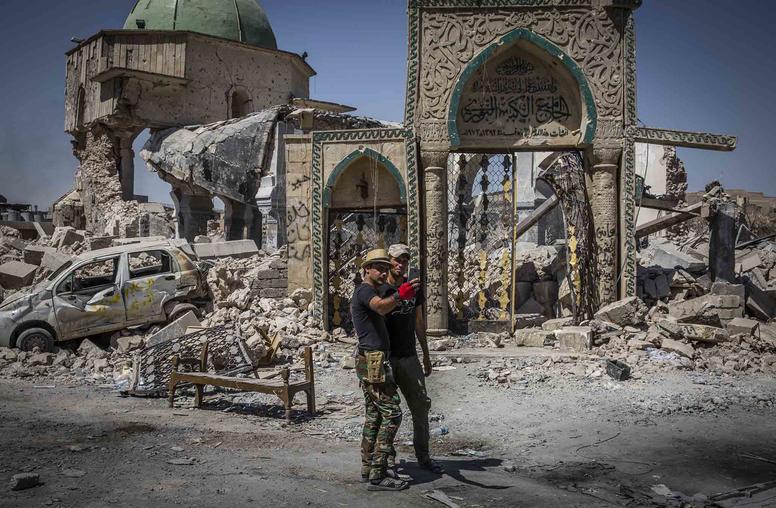
After ISIS, Iraqi Voters Demand Good Governance
When Iraqis went to the polls on May 12, the country’s foreign policy was the last thing on their minds. For the vast majority, the central question about the next government was expressly local: Will it be able to deliver services, get the economy moving and, perhaps most important, curb corruption?
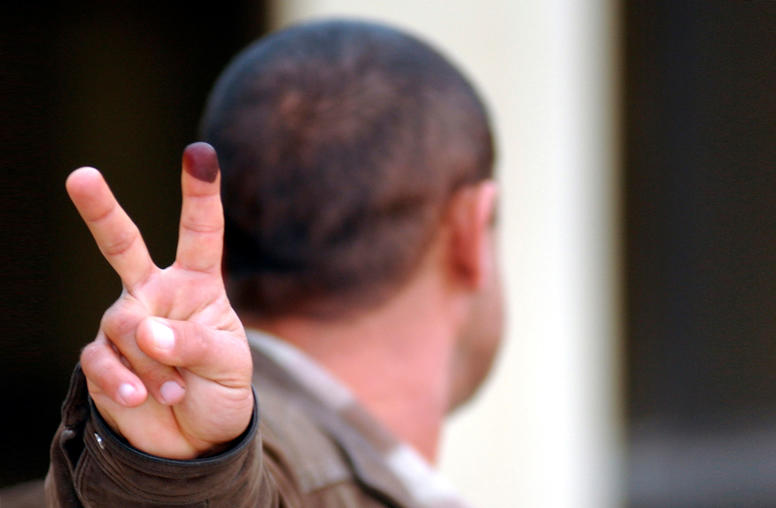
Iraq’s Election Takes a Tone That’s Hopeful for Democracy
As Iraq prepares to vote on May 12, the public debate has been just a bit unusual. Following the country’s war against the Islamic State extremists, candidates are seeking votes with appeals across sectarian lines and more discussion of issues than in any other election campaign. This change is incremental but is one of several that make this a moment to step back and measure Iraq’s evolution since the 2003 U.S.-led invasion. Despite what Iraqis have suffered over 15 years—or perhaps because of it—the will to democratize is alive and growing. A real meaning of these elections is this: If the United States and the international community can sustain their engagement, Iraq has a chance to stabilize, and to turn back the inevitable future attempts to revive extremist violence.
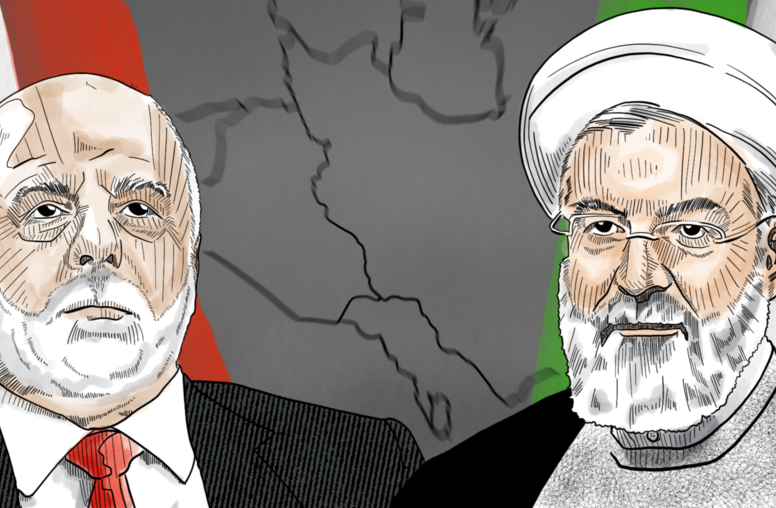
As Iraq Prepares for Elections, Iran's Influence Looms Large
Tehran’s interventions in conflicts throughout the Middle East have become a particular point of contention for detractors of the Iran Deal, which placed constraints on the country's nuclear program without addressing its role in Syria, Yemen, and across the region. There is no place Iranian influence has played a more conspicuous role than in neighboring Iraq.
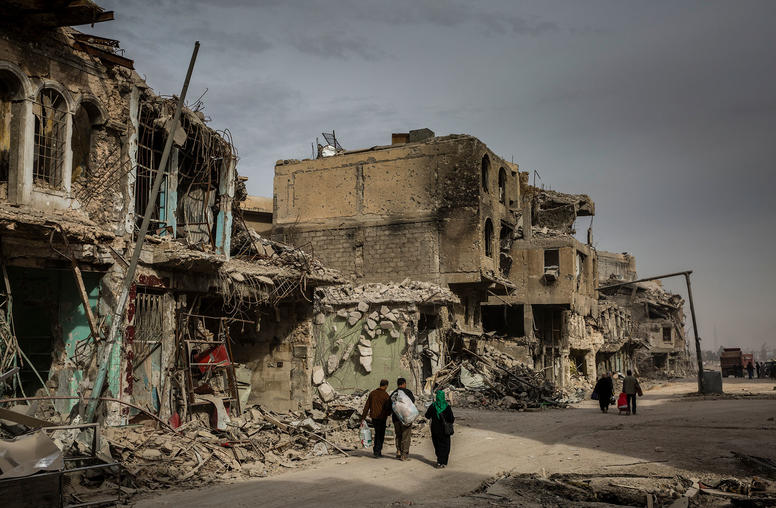
To Stabilize Iraq After ISIS, Help Iraqis Reconcile
An international conference opens in Kuwait Monday to plan ways to rebuild Iraq and secure it against renewed extremist violence following the three-year war against ISIS. A USIP team just spent nine days in Iraq for talks with government and civil society leaders, part of the Institute’s years-long effort to help the country stabilize. The Kuwait conference will gather government, business and civil society leaders to consider a reconstruction that Iraq has said could cost $100 billion. USIP’s president, Nancy Lindborg, and Middle East program director, Sarhang Hamasaeed, say any realistic rebuilding plan must focus also on the divisions and grievances in Iraq that led to ISIS’ violence and that still exist.
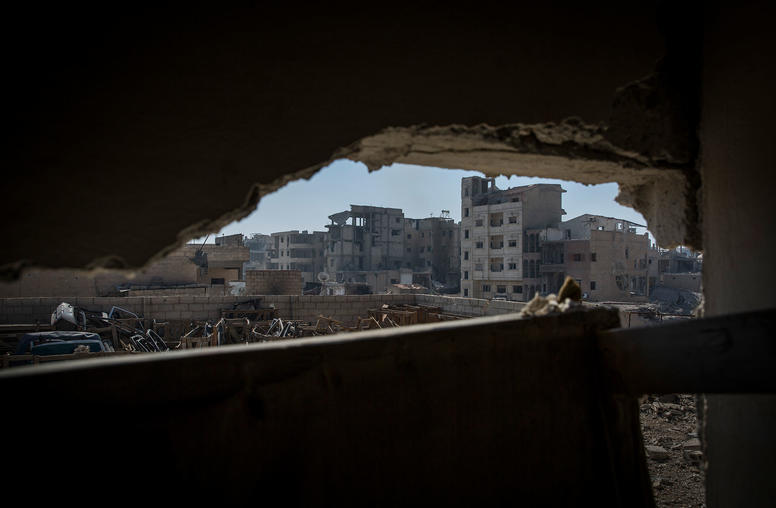
Will Russian Peace Efforts Pay Off in Syria?
Russian President Vladimir Putin welcomed Syrian President Bashar al-Assad to Sochi on Tuesday to discuss efforts to end the Syrian civil war. The presidents of Iran and Turkey are scheduled to meet Putin on Wednesday as Russia promises to scale back its military presence in Syria and push for a diplomatic solution.
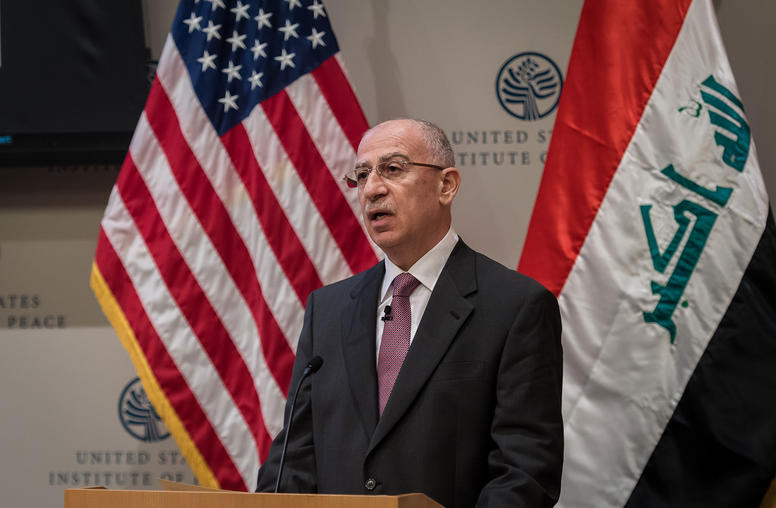
Iraqi Leader Urges a National Dialogue With U.S. Help
Iraqi Vice President Osama al-Nujaifi, a leader of the nation’s Sunni minority, called for a national dialogue that would effectively reboot Iraq’s post-ISIS political life by forging a binding consensus on religious rights, federalism, justice reform and distribution of national wealth.

Sarhang Hamasaeed Discusses Recent Events in Kirkuk
Sarhang Hamasaeed reviews a tense week in which the Iraqi Army and Kurdish forces clashed in the disputed area of Kirkuk. With ISIS driven out of Kirkuk, renewed tensions dating back to 2014 have re-emerged between the Iraqi Army and Popular Mobilization Forces Hamasaeed tells us why a political dialogue process is central to protecting minorities, and avoiding Shia and Sunni clashes.
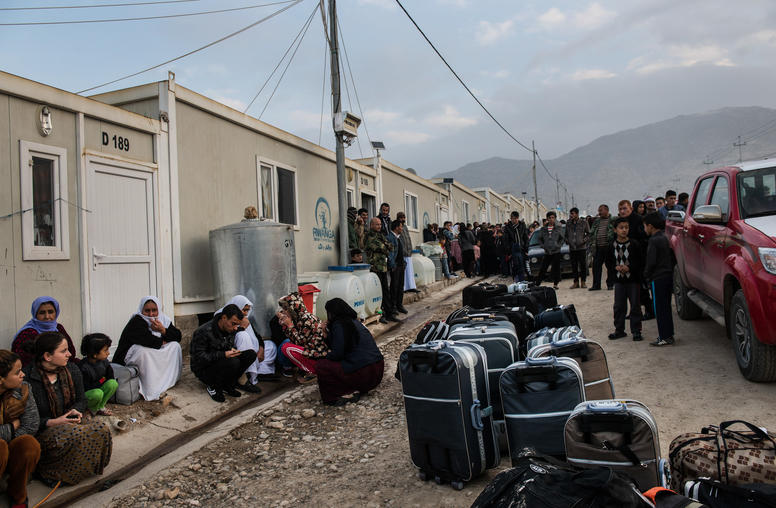
How Iraq’s Minorities Can Secure a Future After ISIS
As Iraqi and Kurdish forces recapture most territory from ISIS, the future of minorities in Iraq remains uncertain. To an even greater extent than Sunni and Shia areas destroyed by ISIS, minority communities face continuing security risks, humanitarian needs, a devastated economy and the imperative of reconciliation.